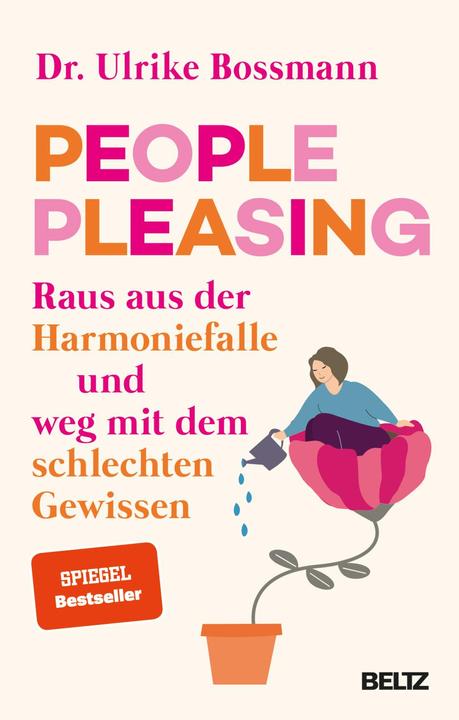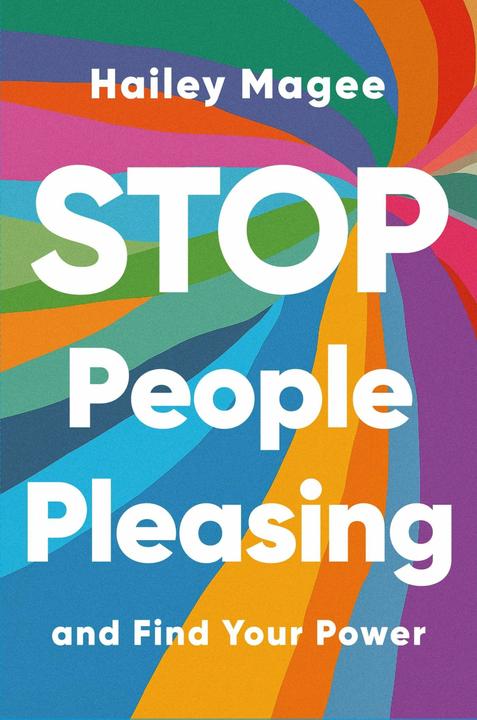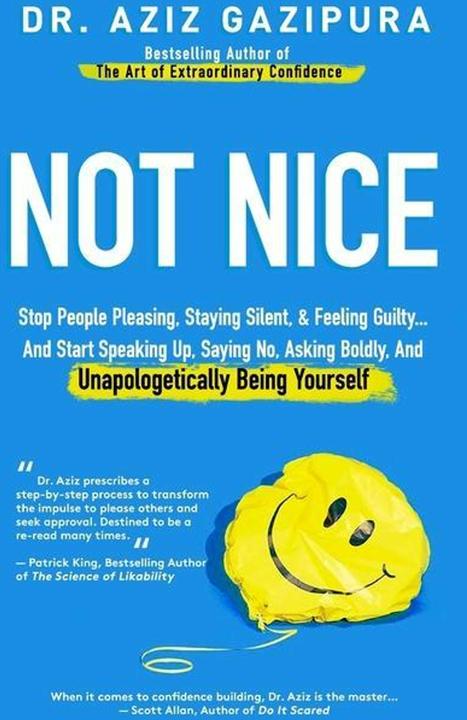

Being honest isn’t a free pass to be rude
Is honesty the best policy? I think it is. But only if you’re not like a bull in a china shop.
«I’m just being honest.» Whenever I hear that, I could scream. It’s a popular statement amongst people who have zero filter when it comes to sharing their thoughts. The type who think the world’s been waiting for their input. «You look fat in that dress,» «How do you not know that?», «Your meeting was terrible,» or «Seriously, you like THAT?» Honesty often seems to be an excuse for behaving like an insensitive clod, which says a lot about the importance of friendliness in our society. It seems that the terms honesty and friendliness are often bent to suit the situation. And yet, they’re not opposites, but can exist at the same time.
Harmony at any cost
Let’s zoom in on friendliness first. Dictionaries say: «kind pleasant behaviour towards somebody you like or want to help». This is where the crux of the matter lies. The term «pleasant» is based on «to please». We want people to like us. Above all, we want harmony.
According to attachment theory, disagreements can feel threatening to insecure or (over)conforming people. They may have had very strict, criticising caregivers, who reacted with harsh punishments if they disagreed or rebelled. This is how they grew into people pleasers who cater to others.
This type of person tends to be sensitive and empathetic. They change their perspective even before they open their mouths. «How might my statement affect the other person?» they ask themselves. If they sense someone might be offended, they wrap their sentences in a friendly protective cloak. As nice as that is, it’s not honest.



Not Nice: Stop People Pleasing, Staying Silent, & Feeling Guilty... And Start Speaking Up, Sayi
English, Aziz Gazipura, 2017
«Truth» without consideration
But what is honesty? It’s described as «sincerity» and «truthfulness» in dictionaries. In this case, the devil is in «truthfulness». What does truthful mean? Being in accordance to the truth. But what is true for irrefutable laws such as gravity can’t be universally valid for personal opinions.
Only because I find a particular dress ugly doesn’t mean it is ugly. Personal perceptions are neither right nor wrong. Everyone constructs their own reality. This doesn’t have to be expressed. And certainly not in a tactless way. No matter how important some people think they are – which, incidentally, is also a sign of insecurity – if they haven’t been asked for their opinion, they are totally allowed to keep it to themselves. As honest as that is, it’s not friendly.
Honestly friendly
Let’s take a look at a middle-of-the-road approach. Being honest AND considerate of the feelings of others? That’s definitely a combination that can work. How about:
- ...«I think the other dress looks better on you» instead of «You look fat in that dress»
- ...«What exactly didn’t you understand?» instead of «How do you not know that?»
- ...«I’d appreciate if we could do things differently next time» instead of «Your meeting was terrible.»
- «Not my cup of tea» instead of «Seriously, you like THAT?»
This works best with first-person messages and engaged, unbiased questions.
This requires one thing above all: confidence. If you know yourself well, you won’t need to base your self-worth on unreflective statements or on constant harmony. Instead, you’re capable of taking a step back at the right moment or sharing your thoughts in a constructive way. This won’t make you untrustworthy or unlikeable. And let’s be honest: it’s the only way people truly open up fully instead of keeping things superficial.
Honest vs. friendly
What do you think the most of?
- radical honesty22%
- radical friendliness2%
- friendly honesty76%
The competition has ended.
I love anything with four legs or roots - especially my shelter cats Jasper and Joy and my collection of succulents. My favourite things to do are stalking around with police dogs and cat coiffeurs on reportages or letting sensitive stories flourish in garden brockis and Japanese gardens.
This is a subjective opinion of the editorial team. It doesn't necessarily reflect the position of the company.
Show all


